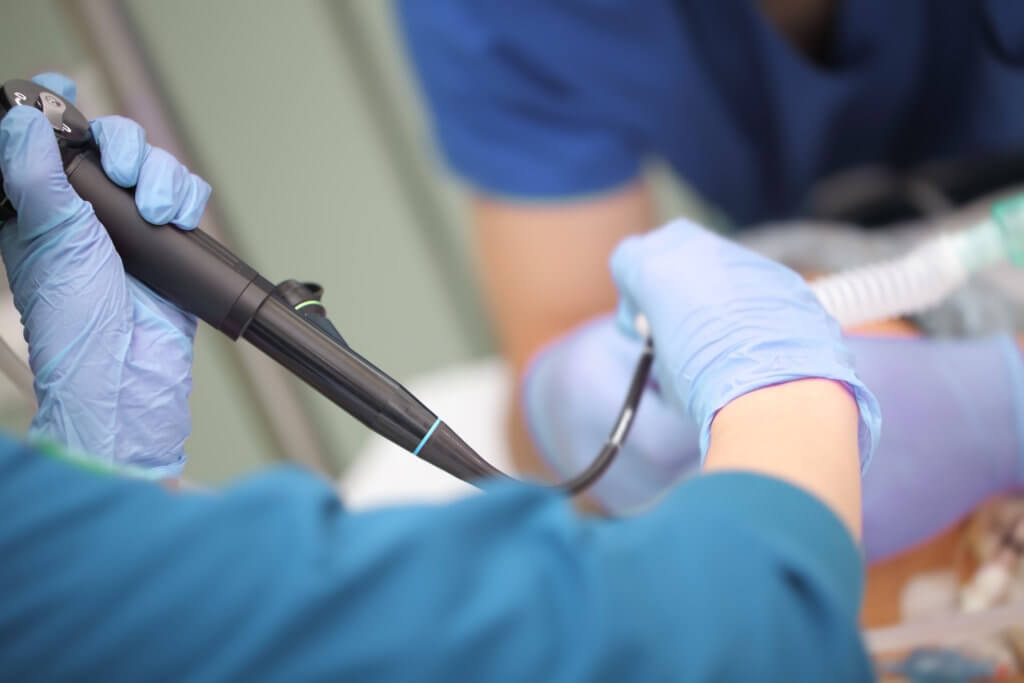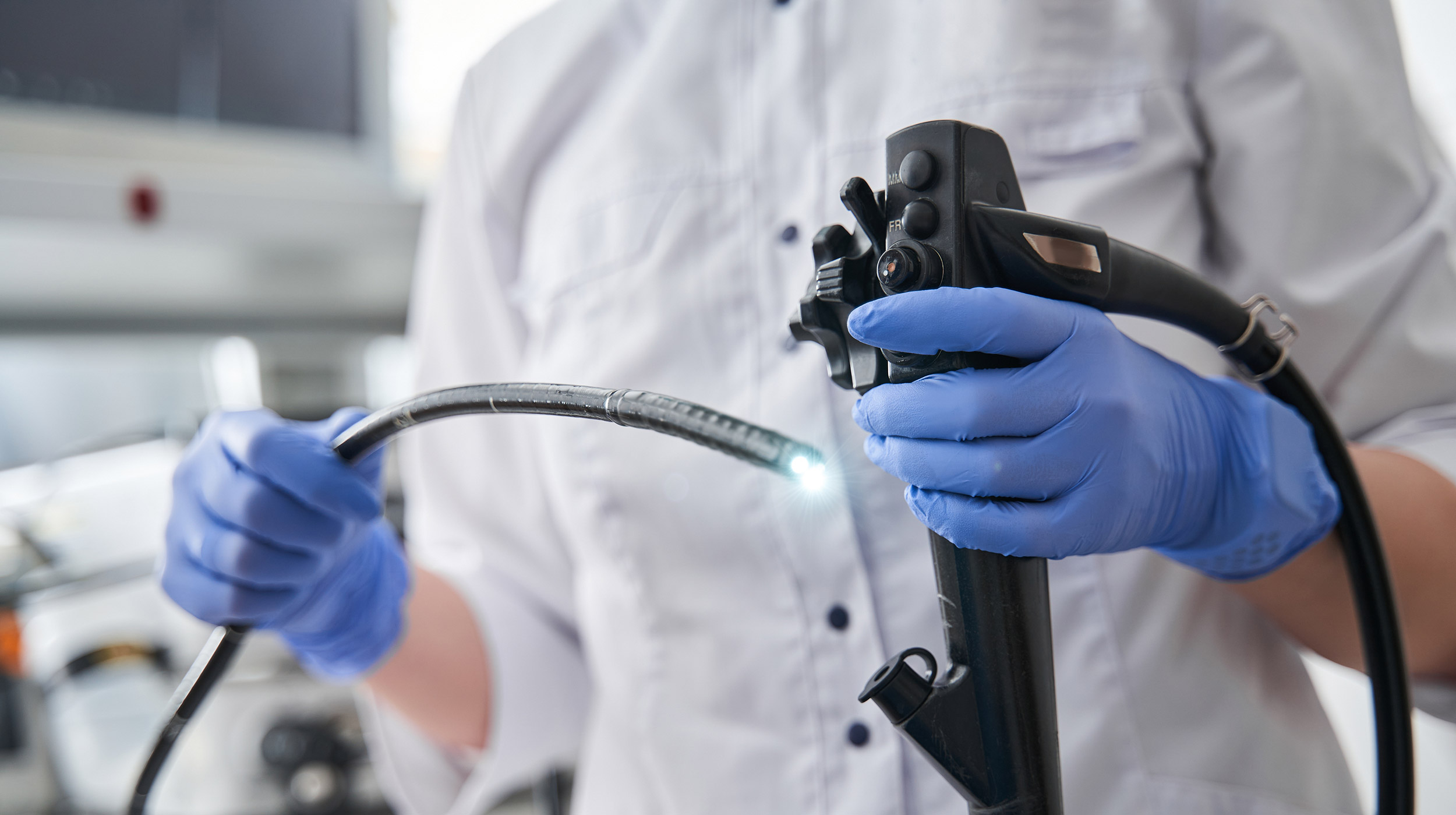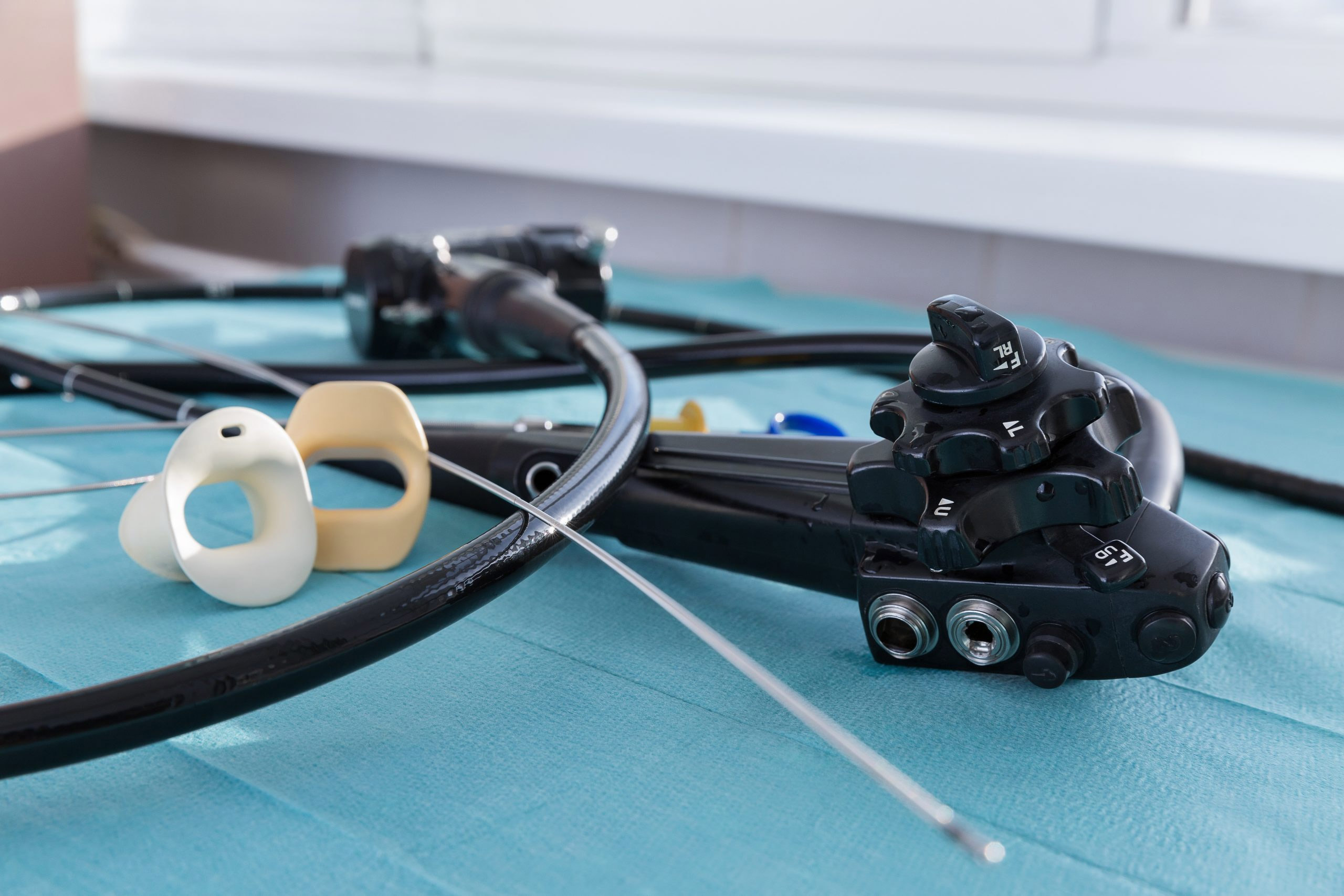
Before all American adults recently became eligible to receive a COVID-19 vaccine, cancer patients were among the first to qualify for it.
Many, for various reasons, felt some hesitancy.
Bladder cancer typically affects older adults. This means these patients may face even higher risk of hospitalization or death from COVID-19.
That’s why, during a recent episode of Bladder Cancer Matters — the official podcast of the Bladder Cancer Advocacy Network — Dr. Seth P. Lerner and Dr. Laila Woc-Colburn encouraged bladder cancer patients to get their shots when able.
“In terms of the vaccination,” Lerner said, “there’s really no evidence to suggest that that will interfere with their bladder cancer treatment.”
May is Bladder Cancer Awareness Month. Check back all month at Single-Use Endoscopy for stories about efforts to boost awareness and educate patients, their families and caregivers.
Lerner, a professor of urology and the Beth and Dave Swalm Chair in urologic oncology in the Scott Department of Urology at Baylor College of Medicine, is also director of urologic oncology and the multidisciplinary bladder cancer program.
He said certain cancer treatments, such as chemotherapy, suppress a patient’s immune system, putting them at higher risk of severe cases of COVID-19. Others, such as intravesical therapy for non-metastatic diseases, will have less of an impact.
Lerner noted that from the pandemic’s onset, cancer surgery was always prioritized because of the obvious risks in delaying it.
“The most important thing is trying to get the surgery that your surgeon has recommended, done in a timely fashion,” he said. “So, what I’m trying to get people to do, of course, is get vaccinated in advance of their surgery.”
Lerner went on to say that when a patient undergoes a major operation such as a radical or even partial cystectomy, there is a period of postoperative time he would recommend they do not receive a vaccine. Such significant surgery will impact a patient’s immune system, which needs to strong at the time of the shot.
Lerner recommended patients receive their first shots within a week prior to cystectomy because the second dose can be safely delayed.
Woc-Colburn, an infectious disease specialist at Emory University Hospital and Emory University Midtown Hospital, said the second dose can be delayed for up to six weeks with either the Pfizer-BioNTech or Moderna vaccines.
Bacillus Calmette-Guerin (BCG) is the most common intravesical immunotherapy for treating early-stage bladder cancer. Its side effects include flu-like symptoms, Lerner said, similar to coronavirus vaccines. Usually, side effects subside withing 48 hours.
“If you have concerns, please reach out to your doctor and their staff, but we want people to get their cystos,” Lerner says. “We want them to get their imaging, we want them to get their treatment, and really try to stay on schedule.”


